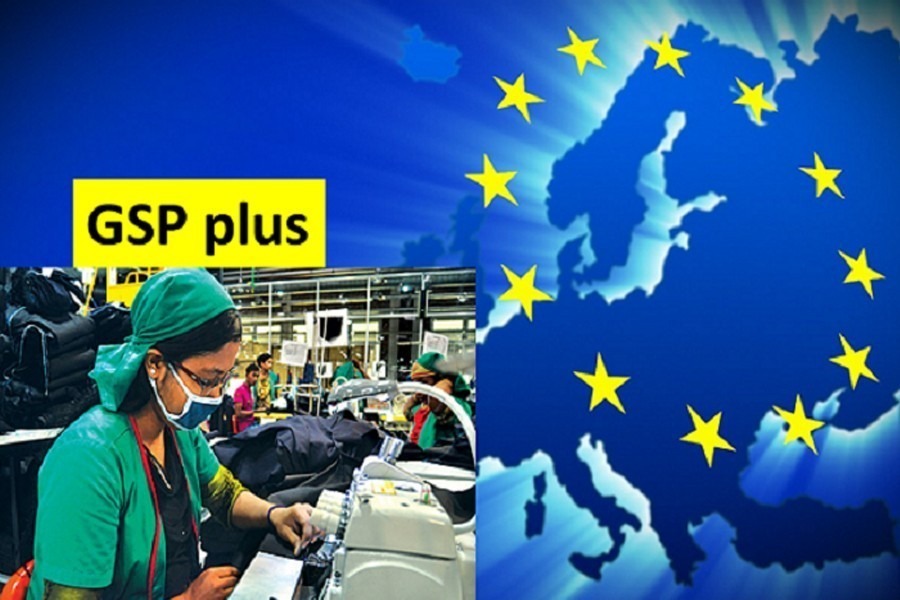

It is pretty well known that although Bangladesh as a least developed country (LDC) has been a beneficiary of the EU Generalised System of Preferences (GSP) by way of zero duty, continuation of the benefit under the new version of the EU GSP scheme--- GSP-plus, after graduation to developing country status, is tied to fulfilment of some pledges the country had made on labour and human rights issues. The key question now is, how far has Bangladesh progressed in materialising its pledges, or is the country in a position to fulfil the pledges within the timeframe?
GSP+ is a special incentive package for sustainable development and good governance of vulnerable developing countries, subject to their ratification of 27 international conventions on human rights, labour rights, environmental protection and climate change, and good governance. Vulnerable countries refer to those suffering from a lack of export diversification and insufficient integration within the international trading system. GSP+ grants full removal of tariffs on over 66 per cent of EU tariff lines. Upholding the GSP+ status, especially regarding effective implementation and compliance with reporting obligations of the 27 conventions, is managed by EU monitoring. The EU engages in a dialogue with authorities and stakeholders in beneficiary countries and also arranges frequent monitoring missions to those countries.
It has been learnt that the European Commission (EC) has expressed concern over limited progress of the National Action Plan (NAP) of the Bangladesh government in ensuring compliance. The NAP covers broadly nine issues, including framing Bangladesh labour law in compliance with the ILO standards on freedom of association and collective bargaining, and elimination of child labour in all its forms by 2025. The EC, while communicating its concern, has reportedly stated that full implementation of the NAP will be the key criteria in the assessment of a possible GSP+ application by Bangladesh from 2024. According to a FE report, a high-level EC monitoring mission is expected to visit Bangladesh from November 12-16 to review the full status of progress made so far.
The European Union (EU) is the biggest export destination of Bangladesh accounting for 58 per cent of the country's total exports and 64 per cent of the total apparel exports. This has been largely facilitated by the zero tariff benefit enjoyed by Bangladesh under the EU GSP. The 'zero duty access' to the EU under the existing GSP scheme will continue for three years after the official announcement of Bangladesh as a developing country. If the existing preferences are not available after the transition time, exports from Bangladesh would face 8.7 per cent duty on an average. As a result, it is estimated that shipments would drop at the rate of 5.7 per cent per year. To mitigate these effects, Bangladesh has no choice but to take all necessary measures to qualify for the GSP+ scheme as well as to preserve its competitiveness in the export market. In other words, continuation of tariff preference after LDC graduation is extremely vital for the sustenance of the country's export sector.


 For all latest news, follow The Financial Express Google News channel.
For all latest news, follow The Financial Express Google News channel.